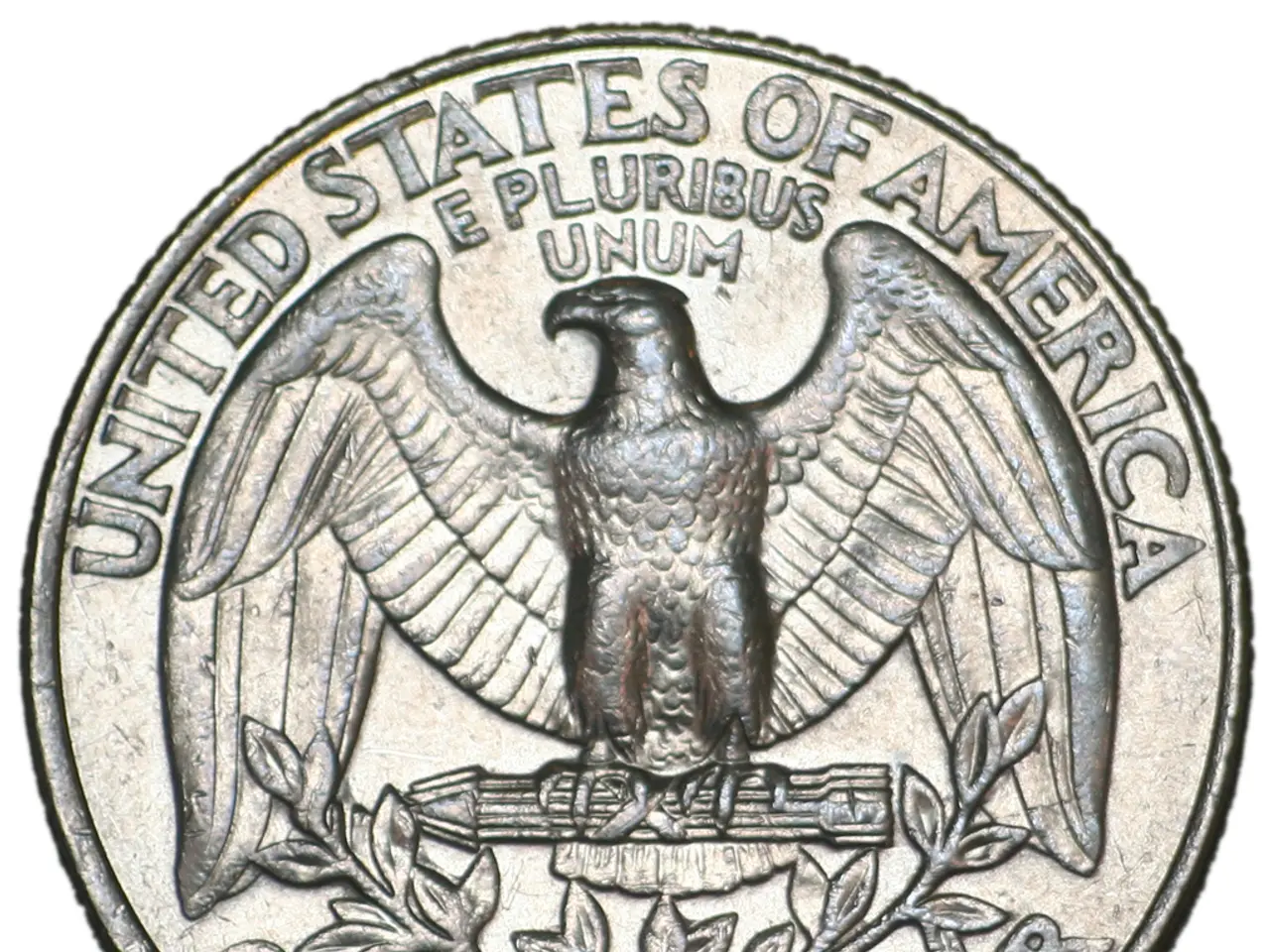Struggling Chinese real estate company Evergrande is set to drop out from the Hong Kong Stock Exchange
In a significant development, Chinese real estate giant Evergrande, once a symbol of China's property boom in the 2010s, has begun its liquidation process. The liquidation, which has been ongoing for the past 18 months, has seen the sale of about $255 million in assets, including a painting by Claude Monet. However, this recovery represents less than 1% of Evergrande's reported assets, valued at around 1.8 trillion yuan (approximately $250 billion in 2022), highlighting the scale and complexity of the liquidation process.
The liquidators have faced numerous challenges, primarily due to the majority of Evergrande's assets being located in mainland China, outside Hong Kong's jurisdiction, and the priority given by the authorities to completing unfinished real estate projects rather than asset sales. Evergrande’s debt burden is estimated to exceed $27.5 billion, with overall liabilities surpassing $300 billion.
In addition to the asset sales, the liquidators are working with financial firms such as UBS and Citic Securities to sell key subsidiaries like Evergrande Property Services Group, valued at about US$1.1 billion, to maximize recovery for creditors.
The inclusion of a Claude Monet painting in the liquidation sales underscores the fact that Evergrande's asset base includes valuable non-core items. Yet, despite such notable assets, the recovery so far remains limited relative to outstanding debt. The process of liquidating Evergrande is ongoing and complex, involving numerous assets spread across different jurisdictions, and will be prolonged.
Meanwhile, in other news, US President Donald Trump extended a trade truce with China, stabilizing economic ties between the two superpowers for another 90 days. The US government is also taking an increasingly interventionist stance on US tech exports, with chip giants Nvidia and AMD agreeing to pay the US government 15% of their Chinese revenues to circumvent a ban on sales of high-end semiconductors to China.
In Ukraine, Russian troops have made a sudden breach in eastern Ukraine, a move analysts believe is an attempt to pressure Kyiv into giving up land, days before crucial talks between Washington and Moscow. The US government has approved deals allowing two American chipmakers to export technology to China, despite concerns that this could enhance China's artificial intelligence capabilities. Critics argue that this decision gives China "a leg up the US might come to seriously regret."
Elsewhere, a cholera outbreak in Sudan threatens the lives of tens of thousands of refugees already enduring a humanitarian crisis. In Israel, an Israeli strike on a hospital near Gaza City killed four Al Jazeera journalists, sparking international criticism.
In the world of tech, Elon Musk accused Apple of favoring OpenAI over rivals, including his xAI, and threatened to take legal action against Apple and OpenAI. A top cancer specialist left the US and returned to his native China in the wake of President Donald Trump's funding cuts, part of a wider exodus of scientific talent.
Finally, wildfires are spreading across southern Europe, with temperatures reaching over 40°C (104°F) in many countries, creating dry conditions perfect for fire. Thousands of firefighters and soldiers have been deployed to battle the blazes.








